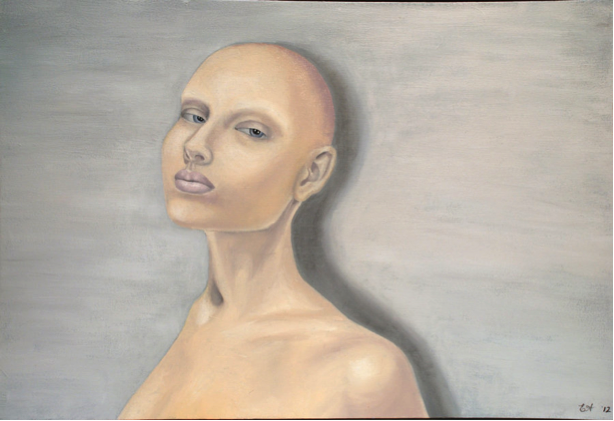By Sahar Pirzada, Change Maker. This piece was originally posted on Beyond The Hijab
*Content Note: Post discusses rape and marital rape
It is common practice to ask before touching something that is not yours. The same rule applies to bodies. A husband does not own his wife or her body and must ask before touching it. She is the sole owner of her body and has the right to decide who can touch it, how, when and for how long.
 This concept seems to have been lost on not only some Islamist groups such as Hizbut Tahrir in Malaysia, but some Muslim people in general who do not believe that marital rape exists in Islam. Rape is rape. Whether it is between strangers, friends, a dating couple or a married couple – the action of forcing a person have sex with them without their consent (or forced consent due to emotional coercion) is rape.
This concept seems to have been lost on not only some Islamist groups such as Hizbut Tahrir in Malaysia, but some Muslim people in general who do not believe that marital rape exists in Islam. Rape is rape. Whether it is between strangers, friends, a dating couple or a married couple – the action of forcing a person have sex with them without their consent (or forced consent due to emotional coercion) is rape.
As a Muslim woman, I believe the rights granted to me by my religion are just and fair. I, therefore, have a vested interest in proving marital rape is forbidden in Islam because if it weren’t, then what does that mean about the worth of my sexual agency in a marriage? My passion to educate women about their sexual and reproductive rights became much more important to me several months back, when I conducted a workshop for Muslim women in Singapore.
One of the aunties approached me after my talk and asked “Can I really say no if he wants to have sex? Won’t the angels curse at me if I say no?” My heart broke as she went on to explain to me how she would ask her husband every night before going to bed if he wanted anything from her sexually, but she was rarely in the mood and was asking merely out of obligation as his wife. The conversation raised many questions about physical intimacy, sexual rights and consent in the context of Muslim marriages. The assumption in the room was that by signing the Islamic marriage contract, a woman has legally consented to engaging in sexual activity with her partner any time he demanded it. In the case of the aunty, she consented, even when she did not want to have sex, out of fear of a spiritual punishment. The question then remains- is this willful and informed consent? Making sense of this situation requires us to take a closer look at interpretations of religious texts and judgements about the expectation of women to have sex with their husbands.
First, there are certain hadiths one can refer to that are used to justify the requirement for women to say yes to her husband’s sexual requests. In Sahih Muslim, The Book of Marriage (Kitab al-Nikah), 3368, Abu Huraira (may Allah pleased with him) reported Allah’s Messenger (may peace be upon him) as saying:
When a man invites his wife to his bed and she does not come, and he (the husband) spends the sight being angry with her, the angels curse her until morning.];
Secondly, there are influential figures such as Ustaz Abdul Hakim Othman of HTM, who believe and openly decree that marriage legalises a Muslim to have sexual relations with a woman. “Your body is to be used by your husband, to put it crudely. When you marry a woman, there’s no need to get consent [for sex], no need at all,” he said.
It is easy to see how these messages can be read negatively by both men and women. For men, they may believe their wives should submit to their sexual requests. For women, they may believe that it is their religious obligation as wives to say yes.
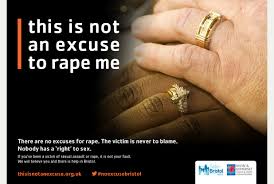 There are, however, alternative understandings of Islam that support a woman’s right to consent to all forms of sexual activity within a marriage. Dr. Ahmad Farouk Musa of the Islamic Renaissance Front is one such individual who is speaking out against the patriarchal interpretations of Islam. He is quoted in MalayMail Online having said “Any imposition without her consent is basically an assault on her rights as an independent human being. If this imposition without consent is termed marital rape, then marital rape it is.”
There are, however, alternative understandings of Islam that support a woman’s right to consent to all forms of sexual activity within a marriage. Dr. Ahmad Farouk Musa of the Islamic Renaissance Front is one such individual who is speaking out against the patriarchal interpretations of Islam. He is quoted in MalayMail Online having said “Any imposition without her consent is basically an assault on her rights as an independent human being. If this imposition without consent is termed marital rape, then marital rape it is.”
Shaykh Muhammad Adeyinka Mendes during a lecture for Sacred Path of Love explicitly denounced marital rape and also noted that the hadith about angels cursing women was in reference to women who use sex as a tool to manipulate and control their husbands.
After finding less than satisfying interpretations of the angels cursing hadith online, I consulted with local Indonesian scholar Dr. Nur Rofiah who explained how the hadith can not be understood in a vaccuum. It should be understood as a part of a collection of verses from the Quran and other hadiths that discuss marital relations. In the Quran, you have a verse that notes husbands and wives being garments of each other – this indicates an equal relationship between them. She went on to explain that the hadith about the angels cursing women refers to instances where the husband is inviting the wife politely but the wife refuses arrogantly to have sex with him. Marriage allows men and women to have sex with each other but forbids cruel treatment and consent should be obtained actively and not assumed.
Another shaykha from the US provided me with a similar explanation of the hadith:
“It is her legal right to refuse and accept any physical relationship. If she uses her right abusively ( to manipulate him and use his sexual needs as a tool against him to get what she wants or out of a desire to punish him) the husband still has no right to force her. Rather, the hadith admonishes her and warns her of her punishment with Allah and His angels. If a woman is tired or sick or just doesn’t want to engage in relations and she is not using her refusal as a means to hurt her husband, there is no negative spiritual consequence to her refusal. Such a woman would refuse in a kind way (as opposed to abusive) and whether her husband understands or not, is not on her once she has communicated to him with ihsan. The hadith is meant for women who cheapen the marital bond and relations to a weapon they can use against their husbands. Even then, the hadith reminds them that they may have the worldly right to refuse in an abusive way, but they don’t have the ethical right.”
Her explanation presents a far more nuanced understanding of the hadith, as opposed to the literal reading that people are so keen to adopt, and therein lies the key difference.
In understanding any religious obligation, we are often confronted with numerous conflicting passages of the Quran and hadith, all of which are rooted in very specific contexts. We must constantly challenge ourselves to think the best of our religion and question interpretations of religious texts that promote injustice. If there is ever a situation where an individual is being physically, emotionally or spiritually harmed in the name of Islam, we need to not just brush it off as “those aren’t Muslims who say that” but work to understand their perspective and offer positive alternative perspectives. When in doubt – refer back to the character of the Prophet (S) and the core teachings of Islam that simply put, ask us all to do good in this world. In my Islam, emotional blackmail, coercion and rape are not part of those teachings.
 When I was younger, my parents used to tell me to stop crying whenever I cried, the sole reason being that I was a boy. At my kindergarten, children were treated differently based on gender. Even at that age, I felt a distinct sense of unease. Being a child who was not as raucous and outgoing as most other boys, I often felt like I did not belong. In one incident that I remember, I wore my sister’s old shoes to school as my usual pair was damaged. The shoes was mostly white, but had a pink lining. Almost immediately, a boy inquired about the reason for my wearing “pink-coloured shoes”.
When I was younger, my parents used to tell me to stop crying whenever I cried, the sole reason being that I was a boy. At my kindergarten, children were treated differently based on gender. Even at that age, I felt a distinct sense of unease. Being a child who was not as raucous and outgoing as most other boys, I often felt like I did not belong. In one incident that I remember, I wore my sister’s old shoes to school as my usual pair was damaged. The shoes was mostly white, but had a pink lining. Almost immediately, a boy inquired about the reason for my wearing “pink-coloured shoes”.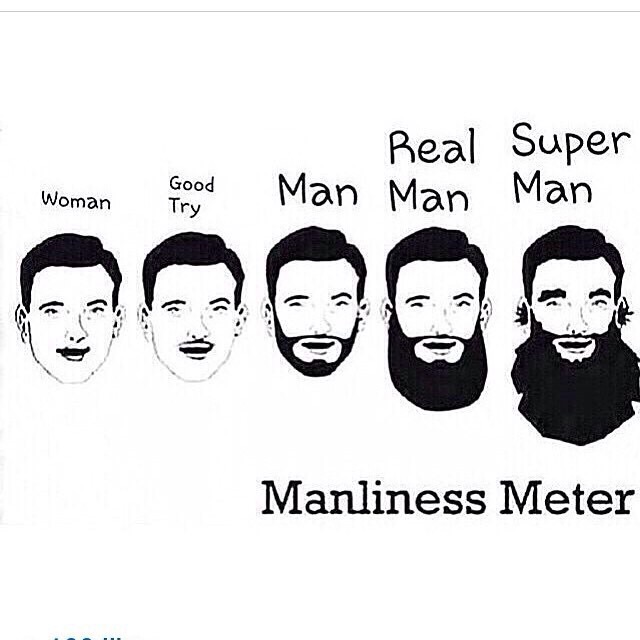 How many times have you ever been told to “be a man” or to “man up”? Being a man in today’s society entails being strong, independent and successful. Being a man to me has always simply been being of the male sex but to some it means so much more. People expect men to be leaders. Advertisements everywhere teach us from a very young age what the ‘ideal man’ should look like. Pictures of muscled men with six-pack abs are all too common on fashion magazines and billboards. An ideal man has defined muscles and rugged good looks.
How many times have you ever been told to “be a man” or to “man up”? Being a man in today’s society entails being strong, independent and successful. Being a man to me has always simply been being of the male sex but to some it means so much more. People expect men to be leaders. Advertisements everywhere teach us from a very young age what the ‘ideal man’ should look like. Pictures of muscled men with six-pack abs are all too common on fashion magazines and billboards. An ideal man has defined muscles and rugged good looks.
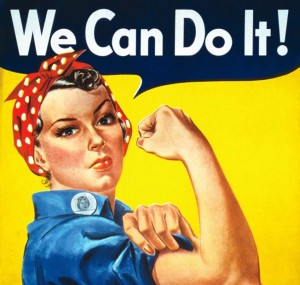
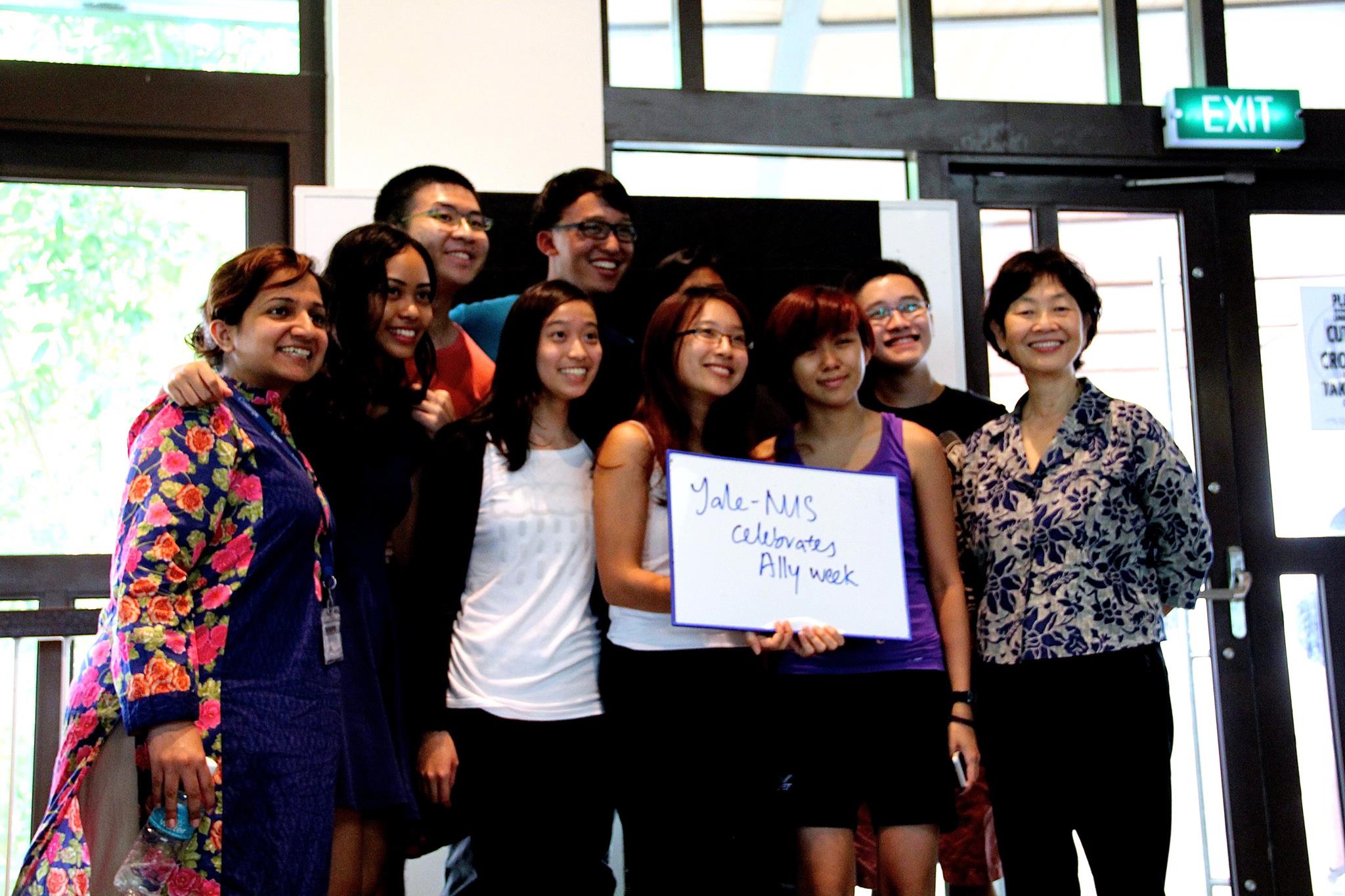
 What do you do, personally, to start change?
What do you do, personally, to start change?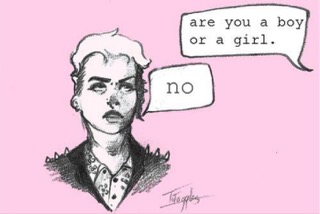
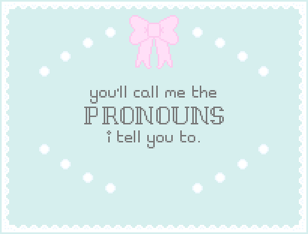

 You do not often see girls in the computer science track and the unspoken thought is that we are just less good at it: there are very few of us and we perform worse than our male counterparts. Hence, whenever we were in class, or during examinations, I felt like I had to prove that I did not fit the stereotype. I wanted to demonstrate that girls do not suck at coding. If I did badly, people would have one more reason to accept the stereotype as truth. In a way, I felt like I was representing my whole gender, not only myself.
You do not often see girls in the computer science track and the unspoken thought is that we are just less good at it: there are very few of us and we perform worse than our male counterparts. Hence, whenever we were in class, or during examinations, I felt like I had to prove that I did not fit the stereotype. I wanted to demonstrate that girls do not suck at coding. If I did badly, people would have one more reason to accept the stereotype as truth. In a way, I felt like I was representing my whole gender, not only myself.




